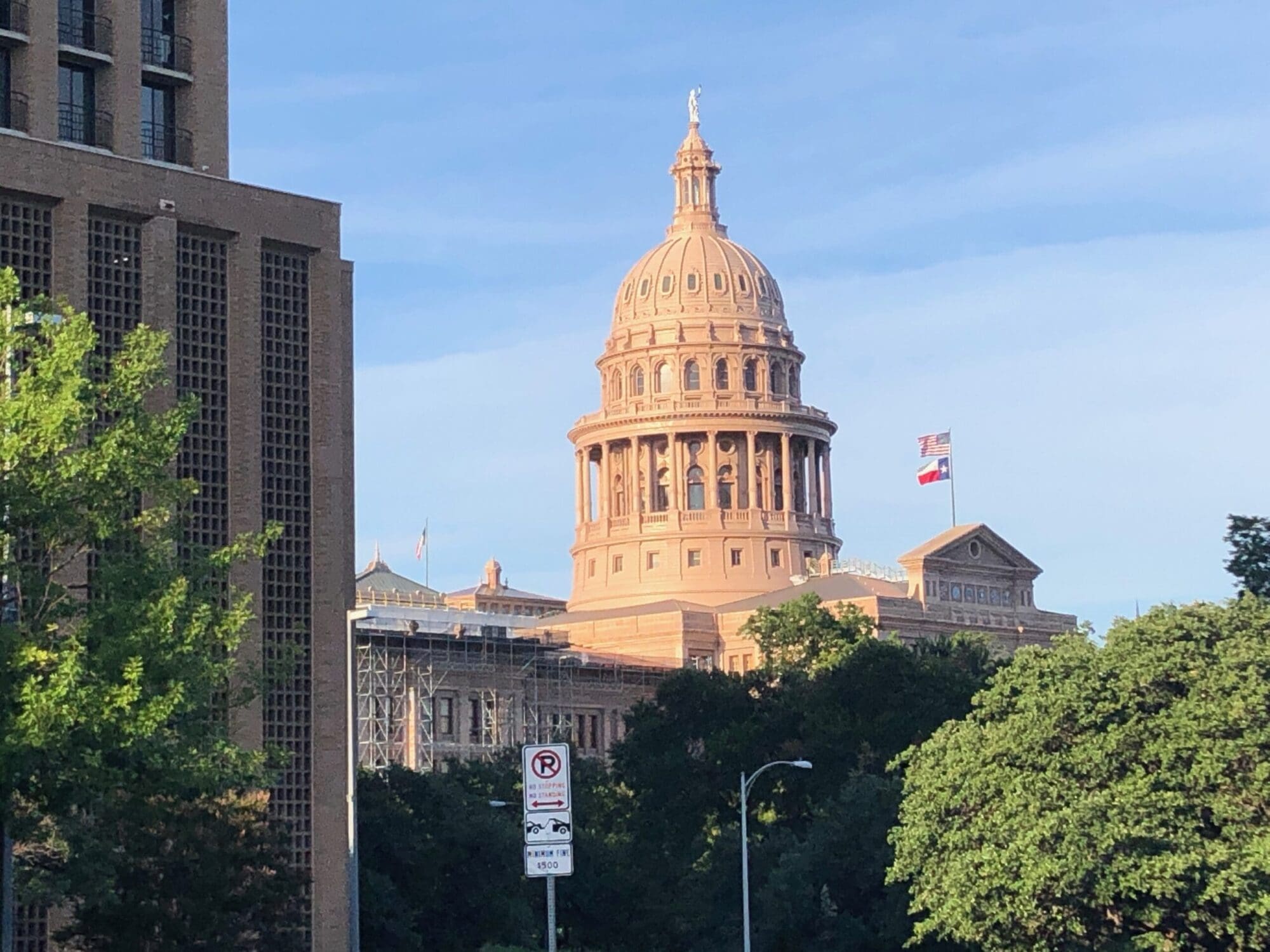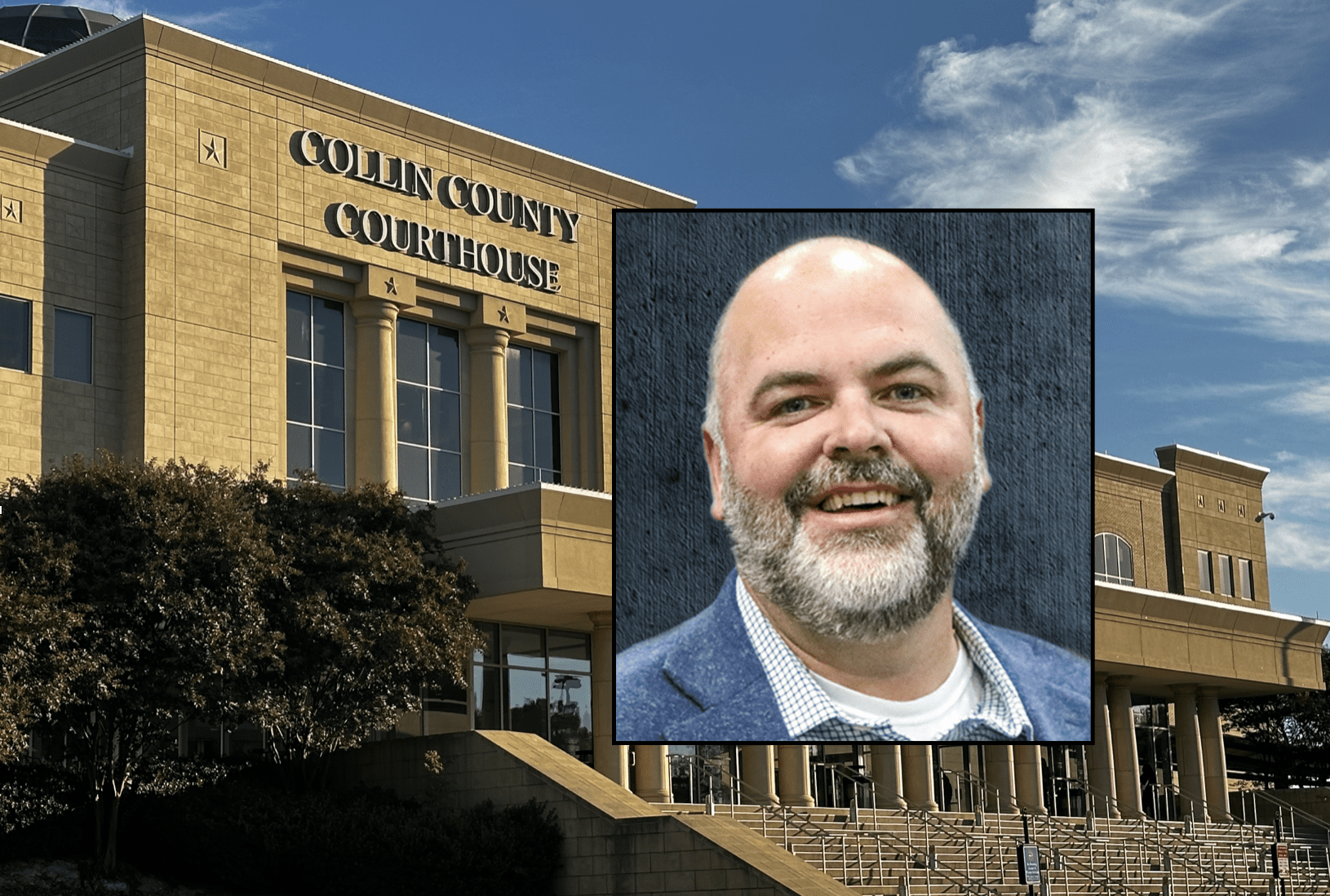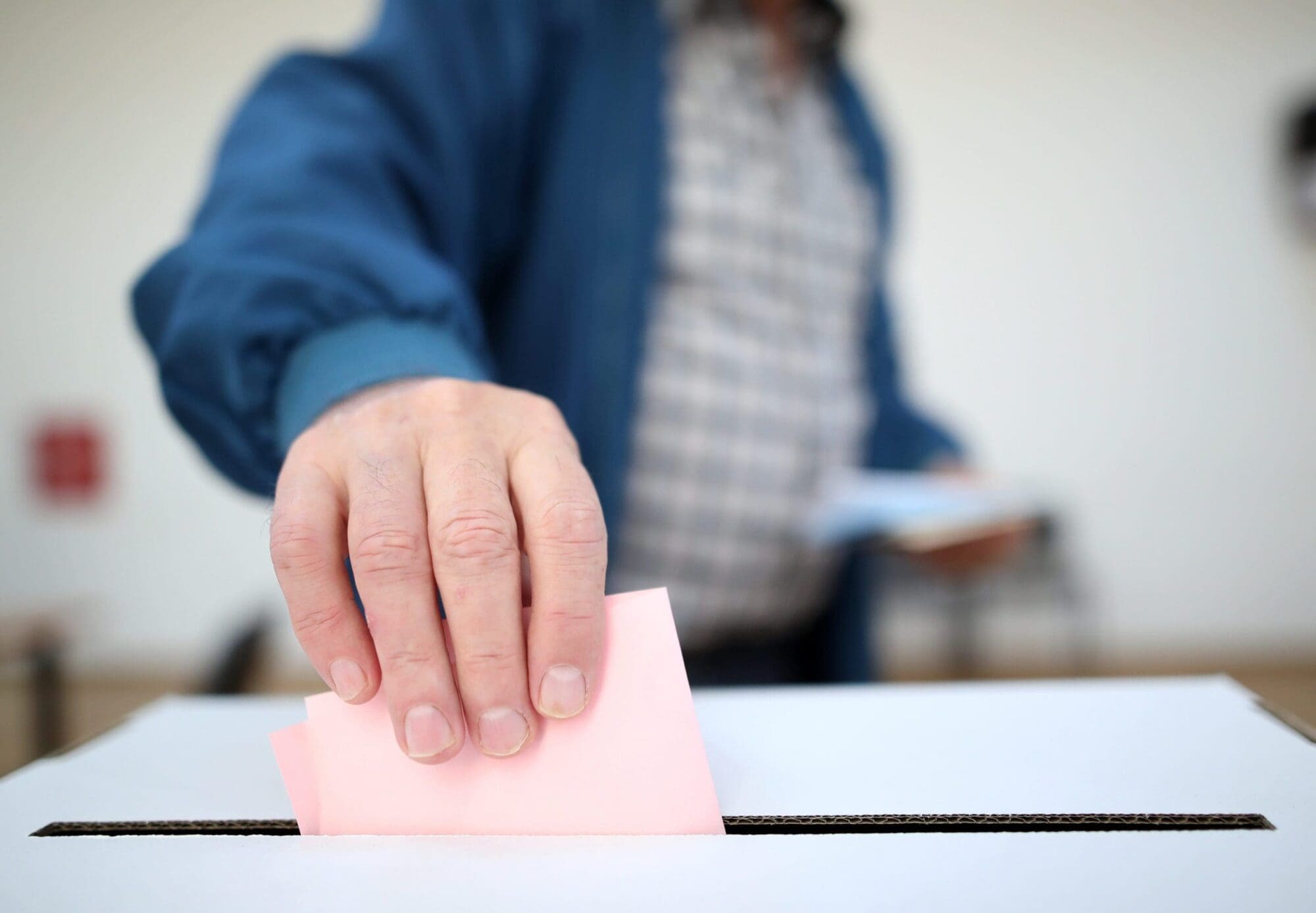Texas’ top election official revealed Friday that 95,000 individuals identified in the Texas Department of Public Safety database as non-U.S. citizens have registered to vote in Texas, and 58,000 of those have voted in one or more Texas elections. Here’s what Texans need to know about the Secretary of State’s findings:
#1: No one verifies citizenship of people registering to vote.
Under current state law, it’s easy for noncitizens to improperly register to vote. The process relies on an honor system — applicants simply check a box on the registration form stating they’re a U.S. citizen. Once submitted, no one verifies citizenship status.
#2: State officials have failed to keep noncitizens off Texas voter rolls.
Election integrity advocates have long called for adding citizenship safeguards to the registration system. Yet state officials failed to act until testimony before a state Senate panel in February 2018 publicly revealed noncitizen voting as a “significant problem” in Texas.
#3: 58,000 voters flagged as noncitizens voted across multiple elections.
Voters flagged as noncitizens by DPS cast ballots in one or more Texas elections over 20 years. The SOS analysis, started in March 2018, went back to 1996, the year after the federal “Motor Voter” law took effect requiring driver’s license offices to offer voter registration. It’s possible some flagged voters became citizens before voting and just never notified DPS. Texas Attorney General Ken Paxton’s office is now sorting through the data, which the SOS also sent to county registration officials.
#4: Noncitizens identified by DPS are lawfully present.
Only lawfully present noncitizens who obtained driver’s licenses or IDs are in the DPS database. DPS data can’t identify illegal aliens on the voter rolls. All noncitizens are ineligible to register or vote, and it’s a second-degree felony to illegally vote in Texas elections.
#5: Flagged voters cannot be immediately removed from registration rolls.
County registration officials may not cancel a voter based on DPS noncitizen data matches provided by the SOS without first sending the voter a notice and allowing 30 days for a response.
#6: County officials can choose not to act on the noncitizen data.
SOS officials say they believe the data they’re providing “can be acted on in nearly all circumstances.” But their January 25 election advisory notes county registrars “may choose to investigate the voter” or “take no action,” as current state law doesn’t require them to follow up on DPS noncitizen data matches. House Bill 378 filed by State Rep. Mike Lang (R–Granbury) will mandate action.
#7: We still don’t know how many noncitizens are registered and voting in Texas.
Might some flagged voters provide proof of citizenship to county registrars they haven’t supplied to DPS? Could additional cross-checking of voter rolls with DPS data reveal even more matches of lawfully present noncitizens? What is the status of the 4 million registered voters who reportedly aren’t in the DPS database at all?
We can’t know unless we look. At least Texas is starting to look.
“Integrity and efficiency of elections in Texas require accuracy of our state’s voter rolls, and my office is committed to using all available tools under the law to maintain an accurate list of registered voters,” Secretary of State David Whitley said.
As the number of noncitizens in Texas continues to grow, citizenship verification procedures are needed to prevent noncitizens from registering and illegally voting in Texas elections — which not only corrupts the integrity of our elections but jeopardizes the status of legal immigrants who are allowed or even encouraged to illegally register and vote.
Every illegal vote is a stolen vote, and even one illegal vote by an ineligible noncitizen can change the outcome of an election. One is one too many.
Texans can contact their county officials directly to find out if they are taking action to investigate voters identified by DPS as non-U.S. citizens. A complete list of Texas voter registration officials, by county, can be found at https://www.sos.state.tx.us/elections/voter/votregduties.shtml.





